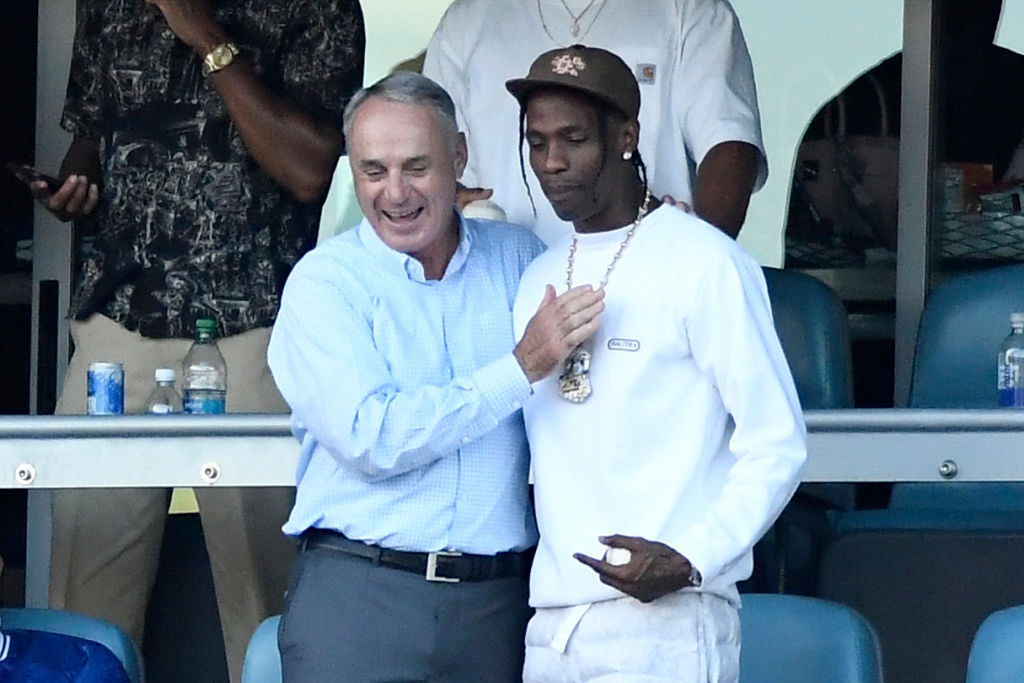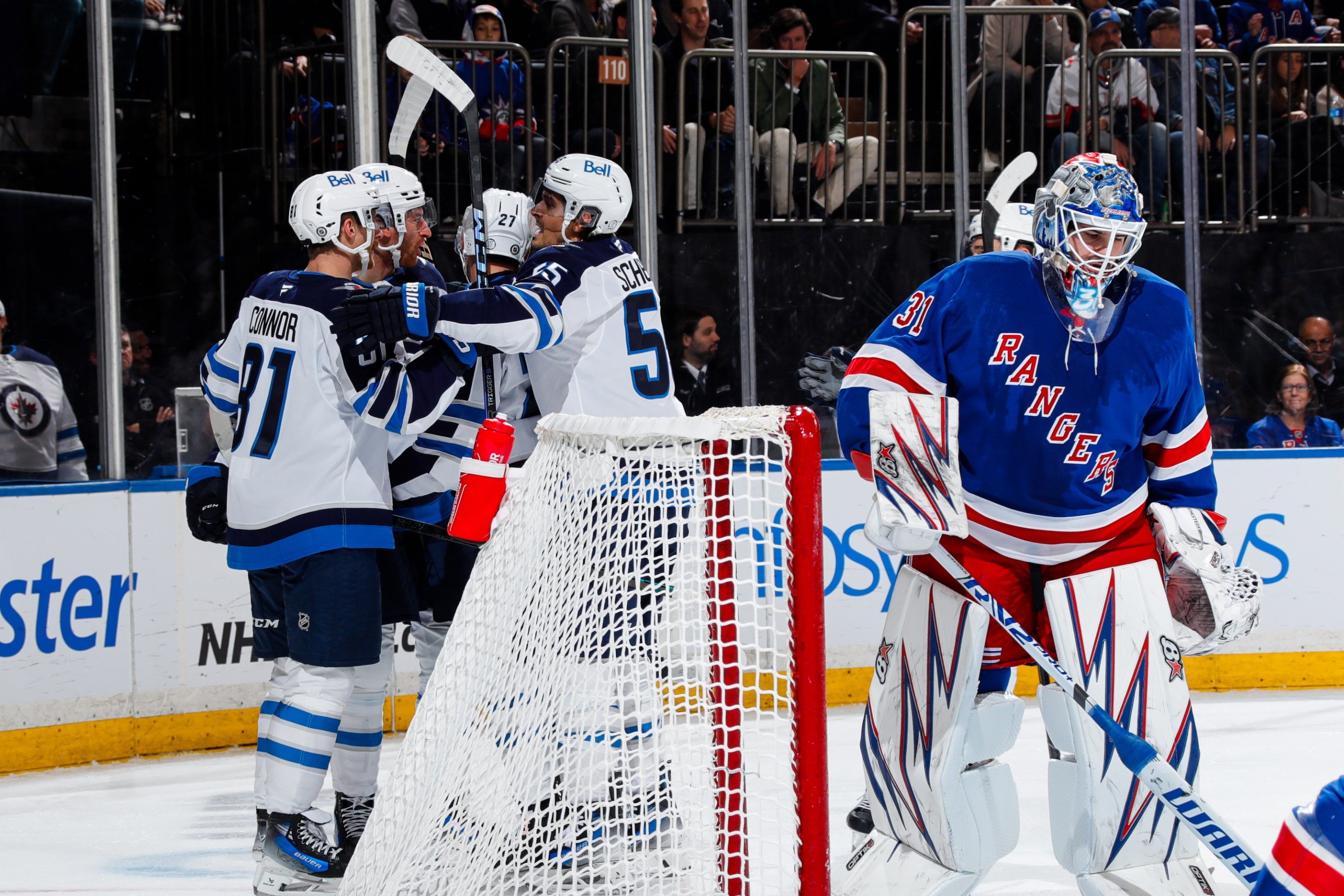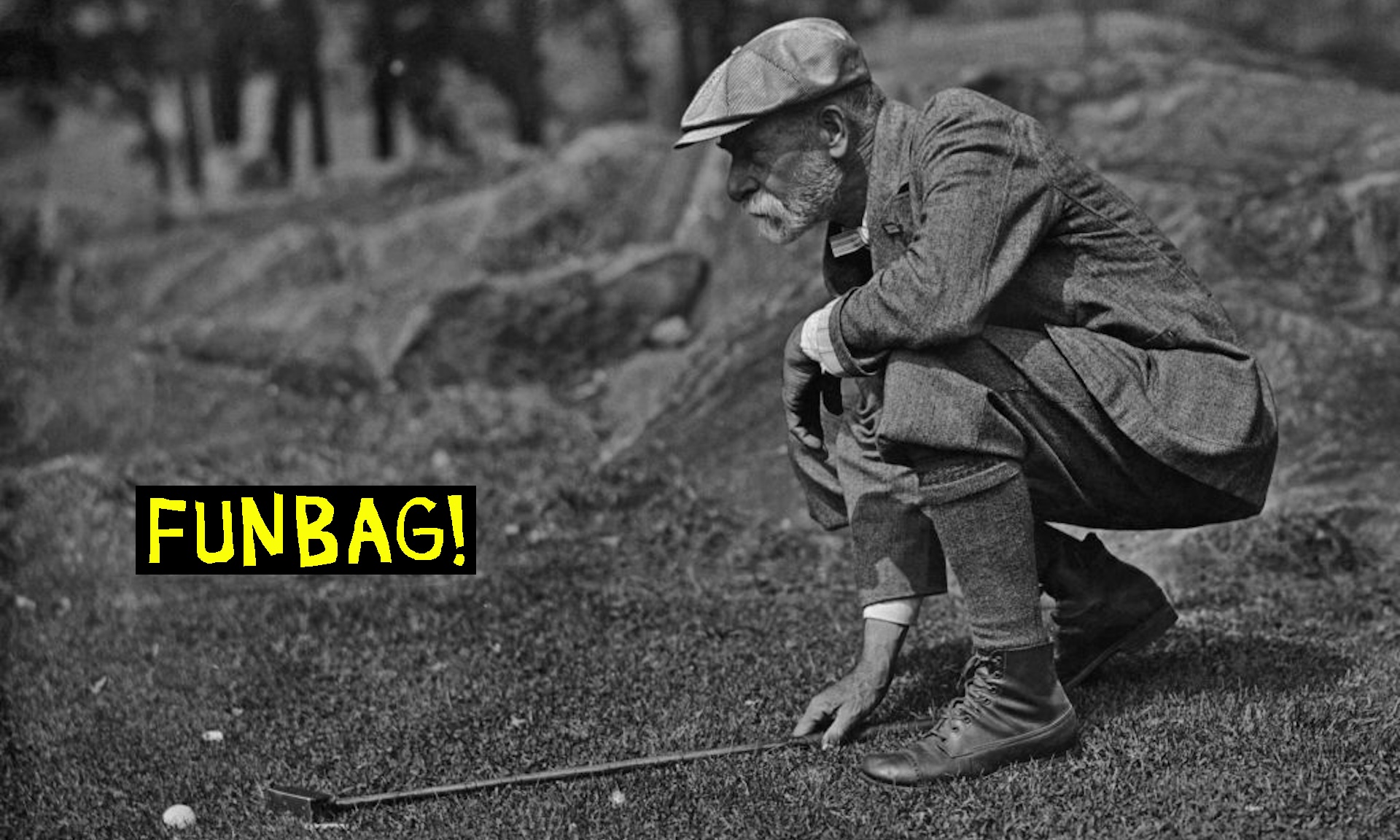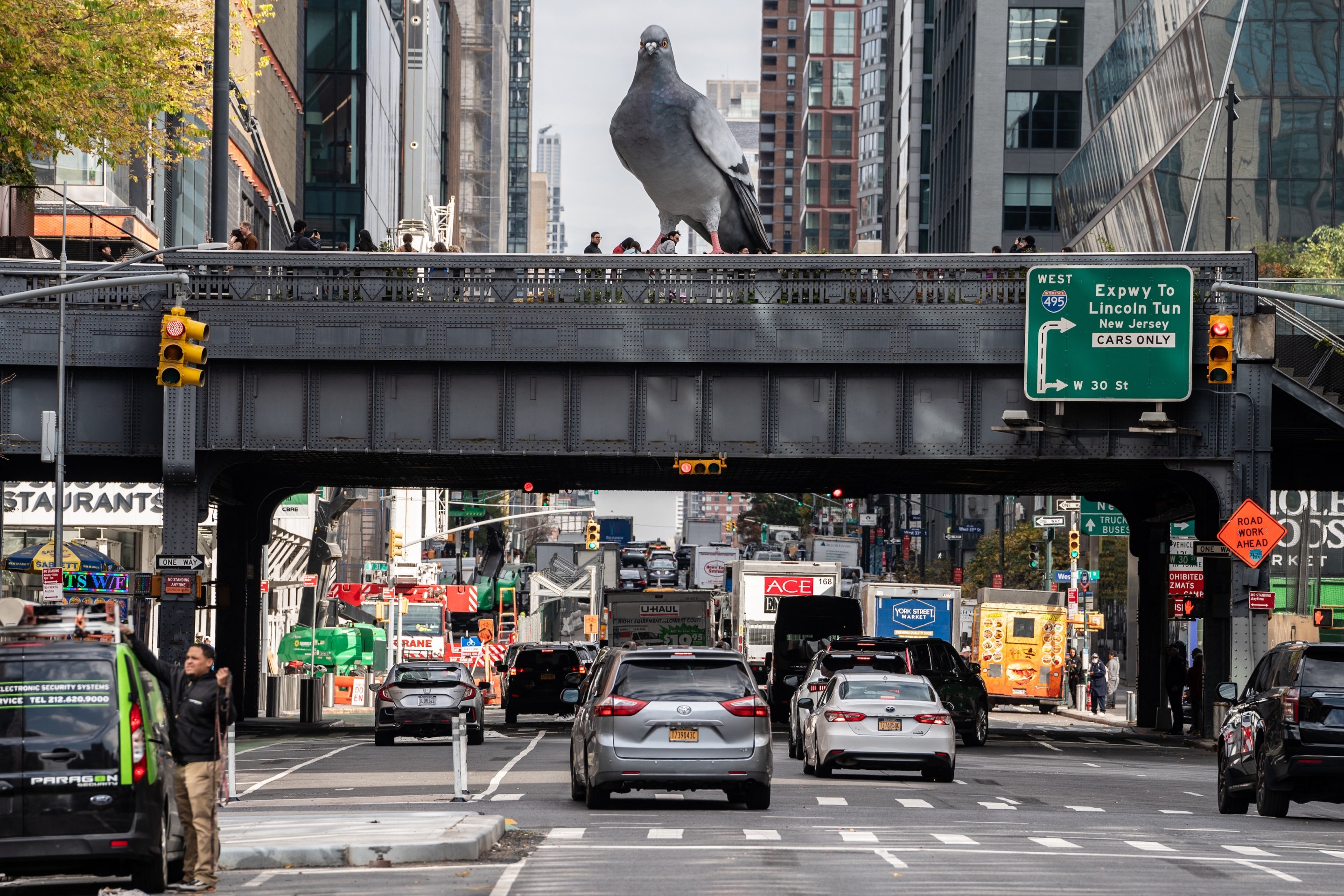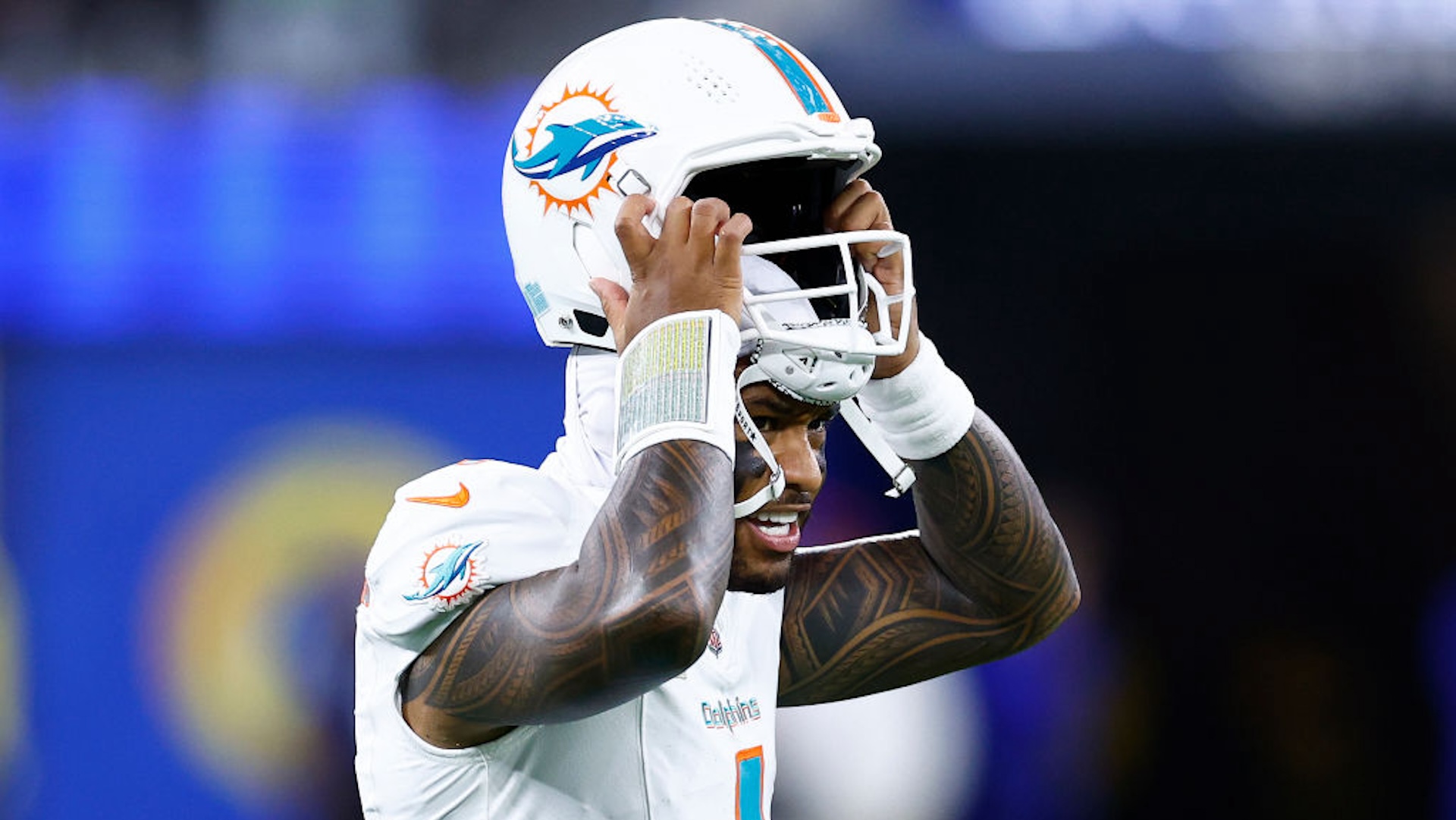MLB commissioner Rob Manfred held his annual mid-season chat with reporters on Tuesday. Because Manfred is who he is and because baseball is what it is, the soundbites that made headlines were all about what a grim and derelict operation MLB can be. When Manfred wasn't talking about how nobody attends Rays games and the Oakland A's playing in a crumbling coliseum, he was being asked about the fact that minor-league players continue to work for poverty wages.
Yahoo Sports baseball writer Hannah Keyser asked Manfred if MLB owners continued to pay minor-league players such low wages because they can't afford to pay them more, or because they just don't want to. Manfred did his best to ignore the question entirely, in the lawyerly way that commissioners tend to handle such things.
"I kind of reject the premise of the question that minor league players are not paid a living wage," Manfred said. "We've made real strides in the last few years in terms of what minor league players are paid, even putting to one side the signing bonuses that many of them have already received. They receive housing, which obviously is another form of compensation. I just reject the premise of the question. I don't know what else to say about that."
When pressed in a follow-up, Manfred repeated his earlier line, as if he was participating in a deposition: "I reject the premise that they're not paid a living wage."
Manfred is correct that many players in the minors now receive in-season housing from their clubs; this is new, and the quality of that housing, and the process through which it's provided, varies from team to team. He is absolutely being a total weasel about everything else, particularly his assertion that "real strides" have been made in terms of player compensation over the last few years. For one thing, the biggest change that MLB has recently made to the minor-league system is the elimination of more than 40 minor-league affiliates, along with all the jobs that used to be provided by those teams. In 2021, MLB raised the minimum weekly salary from $290 to $500 in Single-A, $350 to $600 in Double-A, and $502 to $700 in Triple-A. This development—slightly more money for radically fewer players—is at the heart of Keyser's (very good) question, and simply refusing to engage with it mostly shows how little Manfred and his bosses care about fixing this. They will make some cosmetic changes where minor leaguers are concerned, but only as long as it's revenue-neutral. There's an answer buried in that lazy attempt at obfuscation, and it's not a very flattering one.
It is damning for a multi-billion-dollar organization like MLB to be paying any of its employees such paltry wages, and the situation is made even more appalling by the fact that minor-leaguers are not even asking for that much in the first place. The Athletic recently reported on a three-year study conducted by a non-profit organization which collected data from 800 minor-league players from 2019-2022. The study found that an annual salary of $41,218 was the mean salary that the surveyed players said would allow them live comfortably and not have to work second jobs in the offseason. The organization that commissioned the study went on to recommend that minor-leaguers be paid an annual salary of $35,000, or roughly $15 an hour.
Of course Manfred knows that every minor-league player in the country could be taken care of for an amount of money than any one of his league's owners would hardly notice on a balance sheet. He also knows that they don't care to do any of that, and that's why he has to make such a fool of himself whenever he's asked about this stuff in public. His whole job is to protect the interest of the owners, and if they decide that saying the sky is blue is unhealthy for the bottom line, Manfred has to go out there and say it's pink. At least he gets paid a lot for his trouble.
